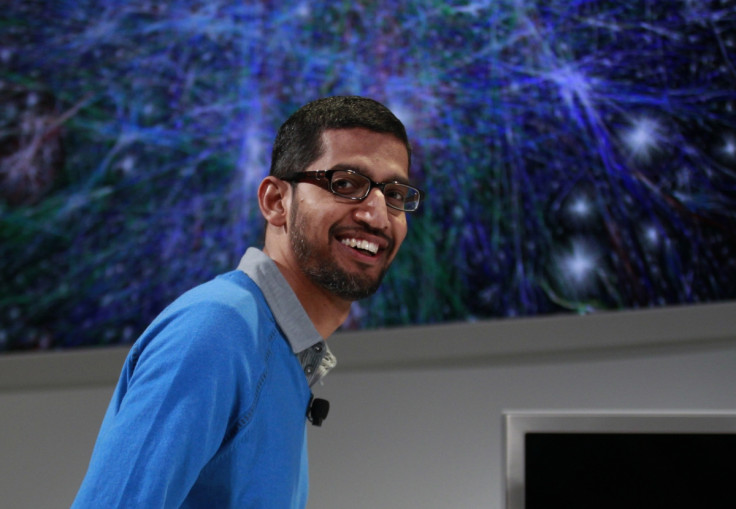Sundar Pichai Will Show Off Android 5.0 (Lollipop) at Google I/O to Appease Manufacturers

Google's head of Android Sundar Pichai has revealed that at its annual developer conference this year the search giant will show off the latest update to its mobile operating system.
In a lengthly profile of Pichai in Businessweek published ahead of this week's Google I/O conference, the Android chief reveals that in a change to what has happened in recent years, the company will showcase the next version of Android in San Francisco.
Set to be called Android 5.0 (and codenamed Lollipop) Google will follow Apple's lead in unveiling the latest version of its mobile operating system in the summer before launching it to the public later in the year.
Earlier this month Apple showcased iOS 8 at WWDC for developers to allow them create apps for the platform using all the new features before the software is released along with two new iPhones this September.
The reason for the change in heart by Google is complaints from developers and hardware manufacturers, who said that launching the big Android update in the autumn didn't give them enough time to get things in place for the Christmas period.
"I want the world to understand what we are doing sooner," Pichai told Brad Stone in the Businessweek article.
"Toxic hell stew"
Android 5.0 is likely to see a lot of major updates including a focus on integrating the company's new wearables platform Android Wear, making home automation control more seamless as well as efforts to improve Android security and fragmentation - which led Apple CEO Tim Cook to label the situation a "toxic hell stew" at WWDC earlier this month.
Pichai tries to defend the security and fragmentation issues facing Android, but ends by saying that these are the challenges you face when you are the world's biggest mobile phone platform:
"It must be liberating [for Apple] to wake up and think about your device, your software—and hey, 'I can even call the chip-set guys and say what the chip should be,'. I have to think about building a platform and bringing as many people along on this journey and getting it right. I believe that ultimately, it's a more powerful approach, but it's a lot more stressful as well."
Chrome
Pichai took over control of the Android business in early 2013, after Google's CEO Larry Page took the difficult decision to force Andy Rubin's hand by telling him to integrate Android with the rest of Google's services.
Rubin ultimately said he couldn't do it, and so the challenge was handed to Pichai who had been in charge of Chrome - having been the person who first proposed building what is now the world's most popular browser.
Since taking charge of Android, Pichai has been working hard to fix some of the problems afflicting the world's most popular smartphone operating system.
One of these problems has been the gradual de-prioritisation of Google services on popular smartphones from the likes of Samsung, HTC and Sony - something which came to a head with the launch of the Samsung's Magazine UX at CES earlier this year.
Pichai acted quickly and decisively however by holding a series of meetings with Samsung's head of mobile JK Shin in the following weeks and months, which resulted in a better relationship between the companies and the signing of a ten year cross licensing deal.
© Copyright IBTimes 2025. All rights reserved.






















